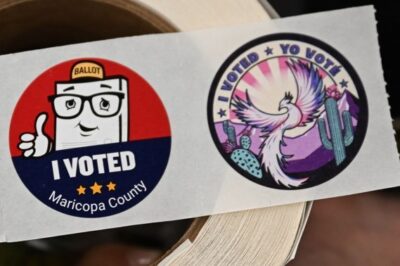Electoral fusion allows smaller parties to pool their votes. For the minor parties, endorsing a major candidate ensures its survival and allows it to influence a candidate’s platform. For candidates, it allows them to sometimes get crucial votes that provide the margin of victory in a close election. Also called Open Ballot Voting, fusion voting allows multiple parties to “cross endorse” a candidate for office.
Fusion voting is working so well in New York and other states that it is beginning to enjoy a revival. Connecticut reinstituted it. Massachusetts is studying reinstating it.
But contrary to this national trend, South Carolina came by its fusion voting accidentally, and has been trying to expel it from its body politic ever since, including a legislative attempt to kill it last year.
The latest attempt is its poison-pill “sore loser” code that the legislature is trying to enforce against Eugene Platt, the Green Party candidate for a South Carolina House seat. Because Platt failed to win the endorsement of the Democratic Party, the South Carolina Election Commission decided that Platt was ineligible to appear on the ballot under the Green Party banner.
The ACLU has filed a lawsuit today to put Platt on the ballot in November on the Green Party line.
Bryan Sells, a senior staff counsel with the ACLU Voting Rights Project, has never seen the “sore loser” code enforced the way South Carolina is seeking to do.
“The Green Party just had its nominee vetoed by Democrats,” he said. “They’ve had the rug pulled out from under them. If I lived in that district and I support Eugene Platt, I’d be mad as hell.”
Platt won the nomination of a recognized party but is being bounced. Not only is the effort anti-democratic, it changes party power, party dynamics in really pernicious ways. Fusion increases democratic choices that voters have. But fusion voting, combined with this so-called “sore loser” code, reduces those choices.



